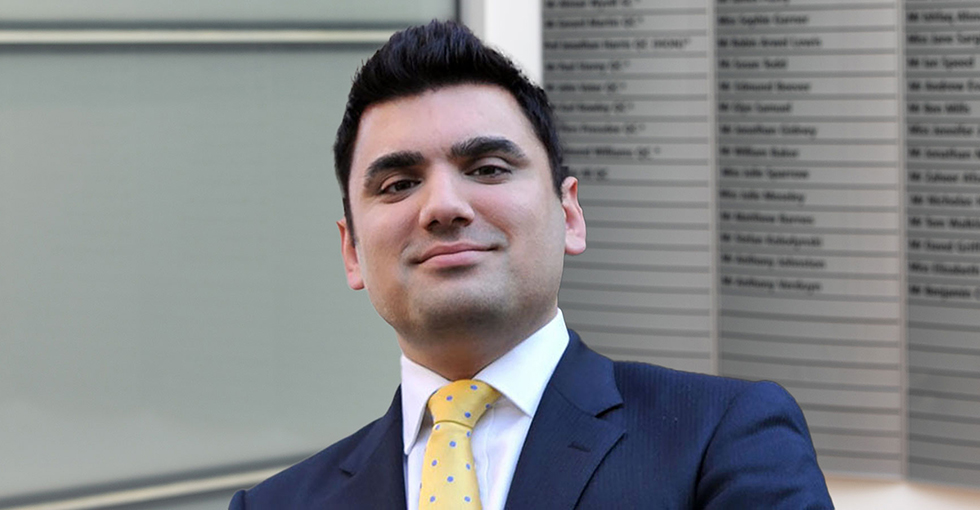By Anthony Verduyn, Mediator and Barrister
Yesterday I held what may be my last for face-to-face mediation for weeks, if not months, ahead.
As we are all aware, increasing efforts to limit the spread of Coronavirus makes conventional mediations impractical.
After all, with the best will in the world, mixing diverse groups of professionals and clients (even if they feel fit to attend) is no longer acceptable.
Disputes, however, will continue, proceedings will be issued on-line, directions timetables set (perhaps at telephone hearings) and trials will be scheduled (if delayed). Indeed, with cancellations of travel, conferences and holidays, people may be more available, on-line at least, than was previously the case. Enter the virtual mediation.
Historically, mediation has been seen to benefit from the face-to-face approach: the gathering of the parties in one location, some of the time in one room, with positions set out and shuttle diplomacy by the mediator. Ideally, this would all end with a document signed off there and then.
This has never, of course, been the only model for resolutions: not so long ago mediations were rare and novel, and settlement (if achieved before the doors of the Court) was achieved by correspondence (occasionally confirming discussions made by telephone). CPR Part 36 is modelled on the written offer, spiced up with penalties, mostly around costs.
Even in mediations, the face-to-face plenary session may be rarer than it was, when the procedures for mediation were new and the training fresh. I specialise in property disputes and my experience is, I am sure, far from unique: the plenary session can generate more heat than light; and the rest of the morning, in a day-long mediation, can be spent unravelling the damage done. Just to be clear, this experience is undiminished by the involvement of advocates: the temptation to “grandstand” and demonstrate the good value of the fee; and to play to the client, rather than participate in progressing the settlement, can simply be overwhelming. After years of experience, as both advocate and mediator (whether appointed privately or by Tribunal), my starting point is to explore with the parties whether a plenary session is worthwhile at all. As often as not, one is not proceeded with, and there is no harm done by the omission and an earlier settlement reached.
Putting this experience and these strange times together, now may be the opportune time for people to try virtual mediation. The mediator is appointed, and the mediation agreement and position statements circulated as before, but the mediation is no longer in one location: it is remotely accessed. With modern technology and most people having access to more than one ‘phone at a time, much of the communication can replicate the traditional mediation:
- Videoconferencing can be used for the plenary session, if one were decided upon, or a collective conference call (with the mediator introducing the speakers in turn and keeping control);
- Shuttle diplomacy can be had by each party using their own conference call, with the mediator joining and leaving in the usual manner;
- The mediator might use a WhatsApp Group or other social media to keep everyone alert to where he or she is in conversation at any one time (no more wondering what the mediator is actually up to once she or he has left the room); and
- Documents can be emailed between parties (subject to prior agreement as to confidentiality, of course).
This requires careful preparation, especially in respect of identifying common technologies to the parties concerned and establishing early ground rules, but the current crisis may also represent opportunity. Remote attendance using modern technology has never been easier or more varied. Professional and client availability at the end of the line or on the web is unlikely to have ever been better than now. How better then to progress the file and close that case? The virtual revolution has never been more timely, and the time for virtual mediation is now.










